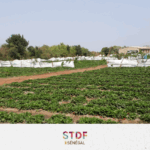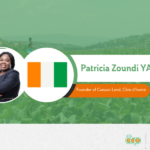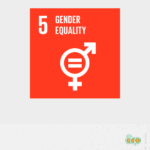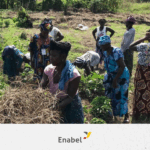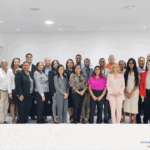COLEAD is participating to the fifth all Africa horticultural congress 2024
- 16/02/2024
- Posted by: Sandra Borma
- Category: News
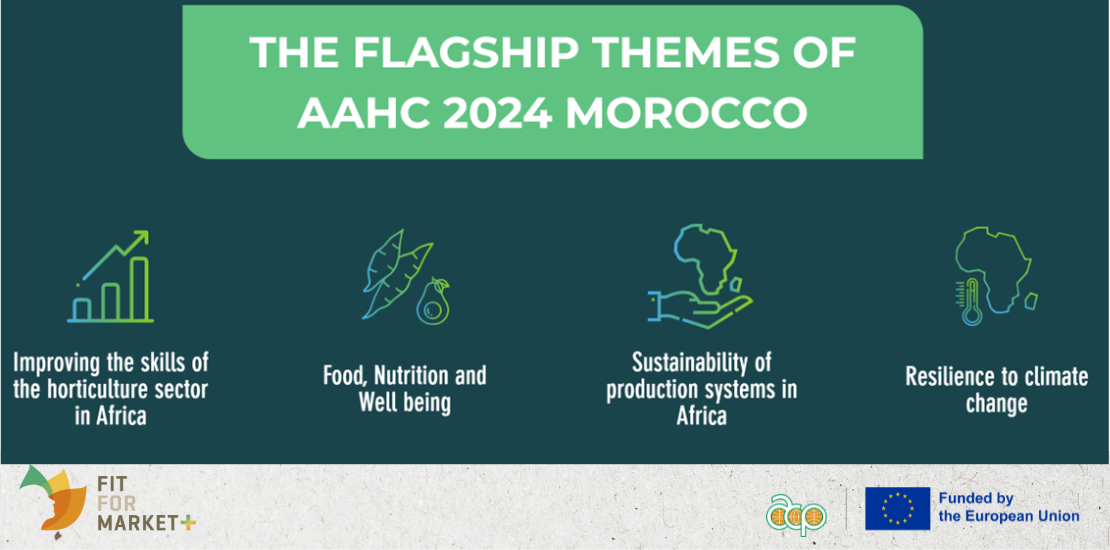
During the week of February 25th to March 1st, the COLEAD Research & Innovation Brokerage department attends the All Africa Horticultural Congress 2024 (AAHC) in Marrakesh in the framework of the FFM + programme. This congress, organised every four years under the International Society for Horticultural Science (ISHS), is a significant scientific event in African horticulture. By participating, COLEAD aims to foster collaboration, knowledge exchange, and innovation to support the resilience and growth of Africa’s horticultural sector.
During the session on ‘Integrated Pest Management for safe horticultural production’ COLEAD will present the results of trials on the efficacy of Beauveria Bassiana in controlling fruit flies and False Codling Moth on mango orchards.
The COLEAD booth at the exhibition, provides an opportunity to showcase COLEAD’s role in promoting research, innovation, and capacity-building initiatives to enhance food security, economic growth, and climate change resilience in the horticultural sector.
The All-Africa Horticultural Congress (AAHC) is the most important scientific event organized every four years in the fields of Horticulture in Africa under the auspices of ISHS. Morocco was assigned the organization of the fifth edition of this Congress, and this will be the first time such event will be held in North Africa. The previous four AAHC took place in Kenya in 2009, South Africa in 2012, Nigeria in 2016 and Senegal in 2020, corresponding to East Africa, Southern Africa, Central Africa and West Africa, respectively.
This activity is supported by the Fit For Market Plus (FFM+) programme, implemented by COLEAD within the Framework of Development Cooperation between the Organisation of African, Caribbean and Pacific States (OACPS) and the European Union. This publication receives financial support from the European Union and the OACPS. The content of this publication is the sole responsibility of COLEAD and can in no way be taken to reflect the views of the European Union or the OACPS.

